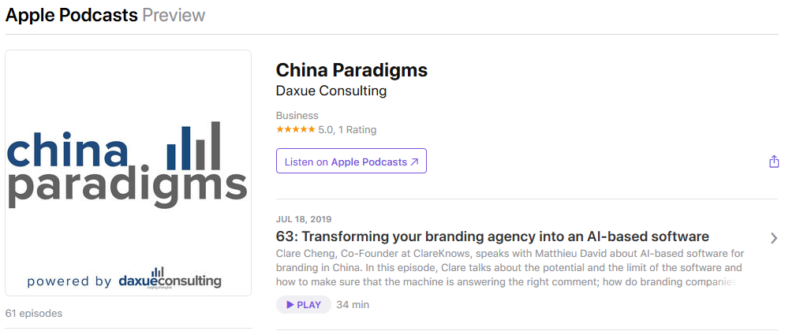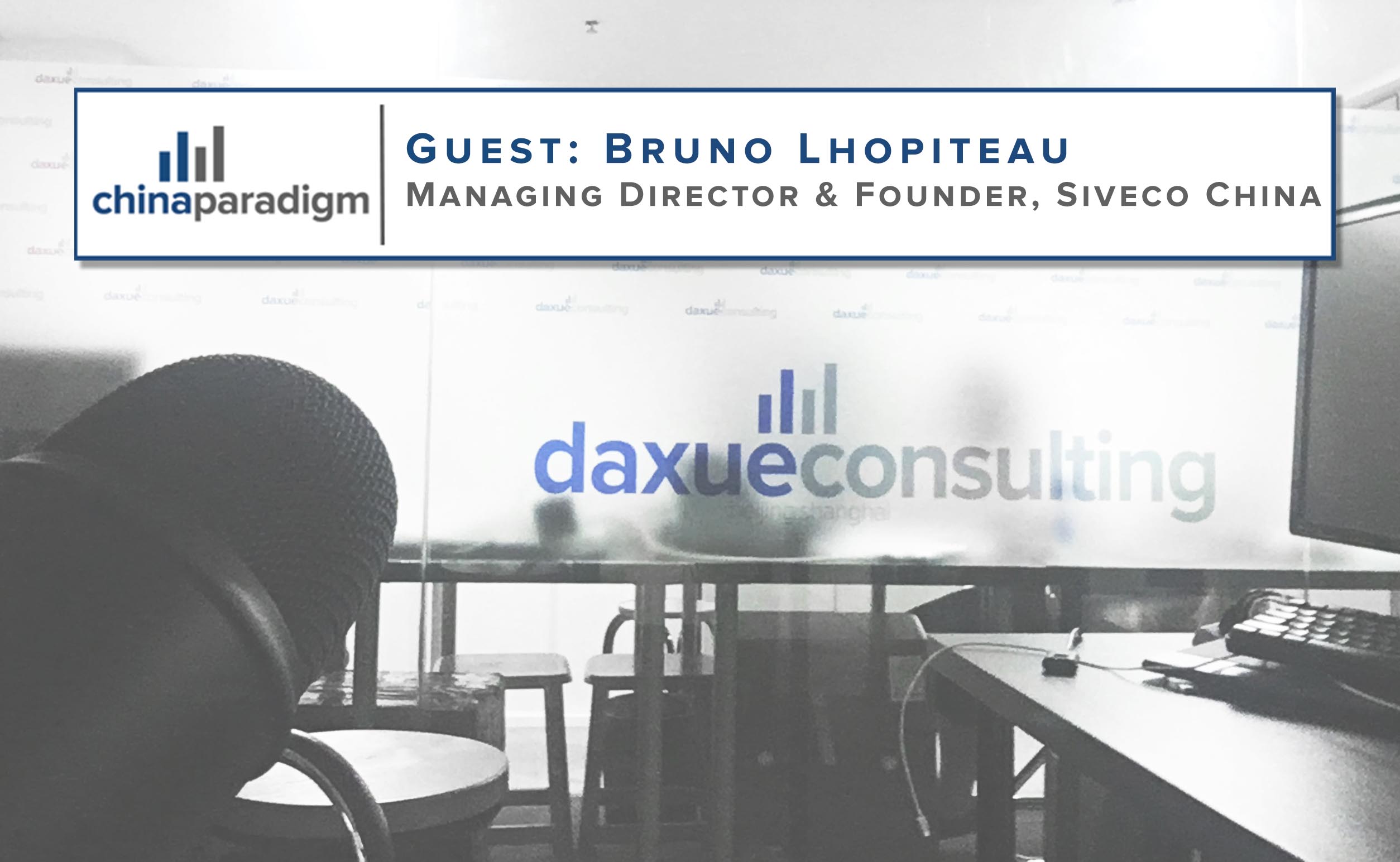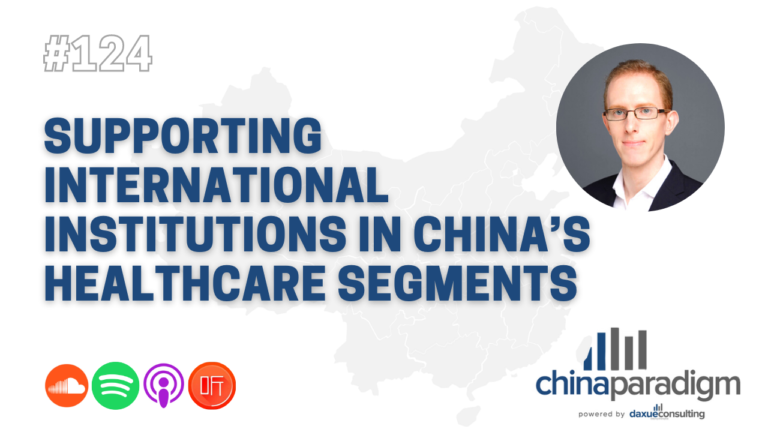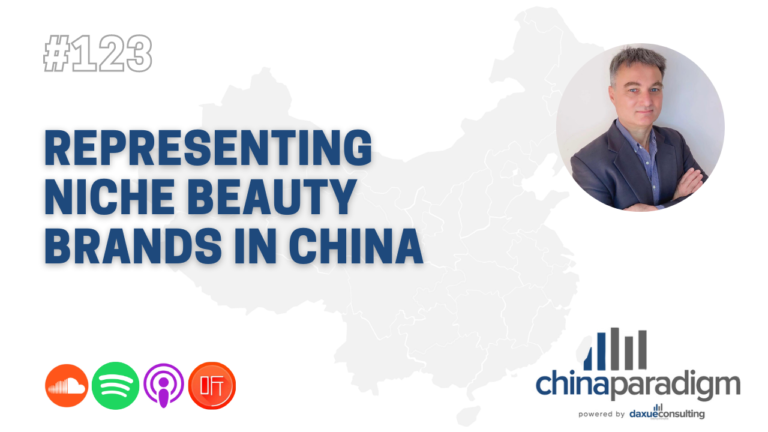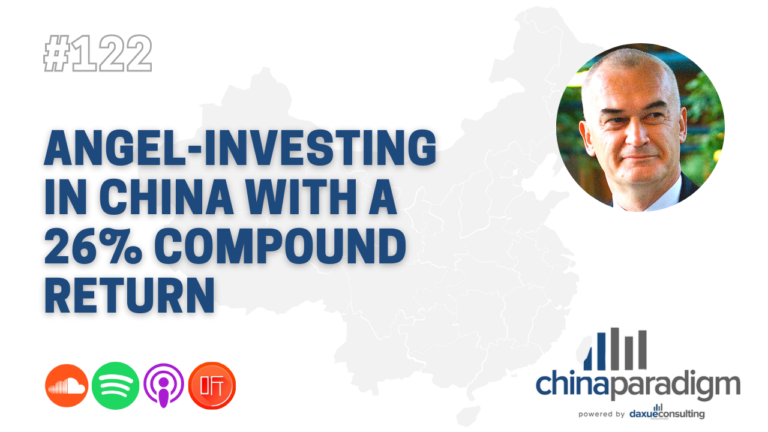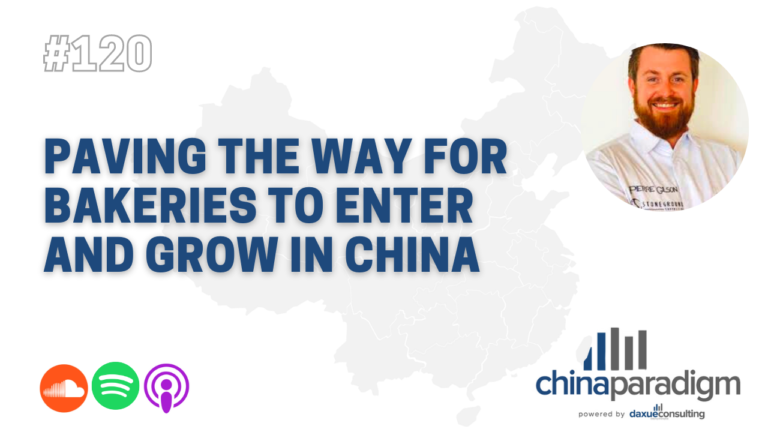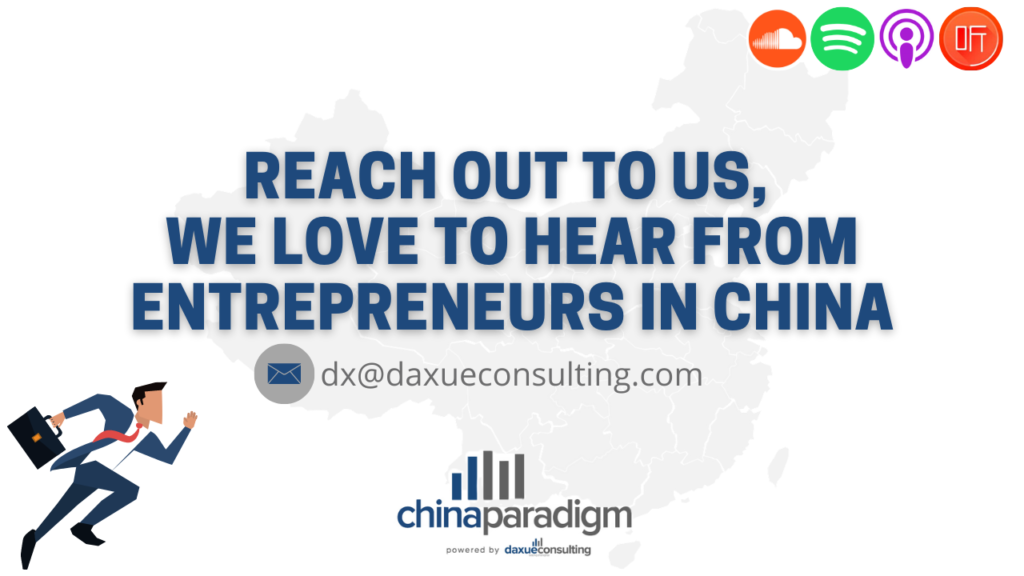China Paradigms interviewed Bruno Lhopiteau, the Co-Founder of Siveco China to learn about infrastructure maintenance consultancy in China, namely smart technologies for the operation and maintenance of infrastructures and industrial enterprises.
Bruno Lhopiteau, a professional in infrastructure maintenance consultancy in China
Graduated from engineering school POLYTECH Nancy with a Master’s degree in ‘Maintenance Engineering & Management’, Bruno Lhopiteau has gained experience in infrastructure management in Sweden, Singapore, and China. After created Siveco China in 2004, he has been active in helping infrastructure companies figure out technological solutions for maintenance consulting in China.
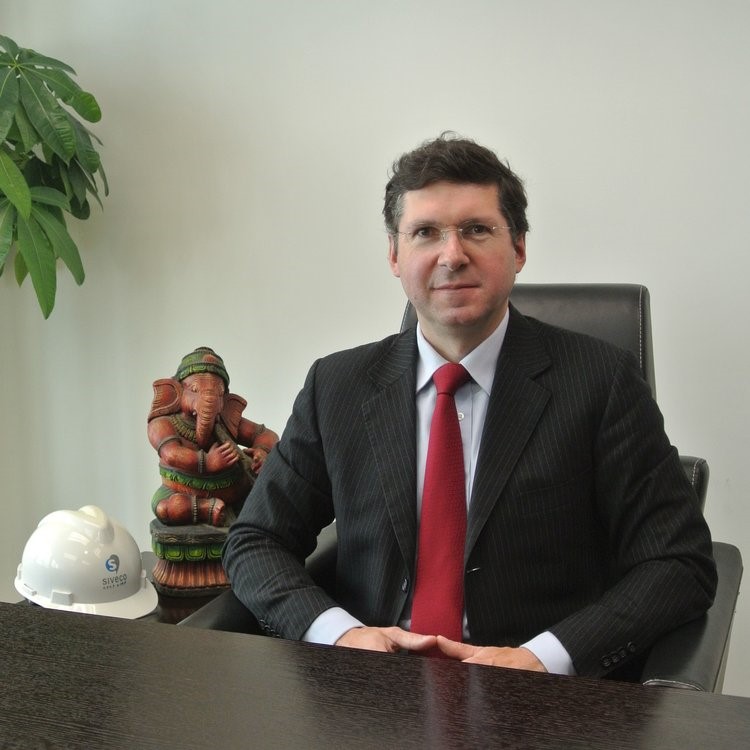
Experienced in dealing with both multinational and Chinese state-owned companies, Bruno decided to focus on co-operation with Chinese infrastructure companies and assistance in Chinese infrastructure maintenance.
Siveco China, the largest consultancy for Chinese infrastructure management
Founded in 2004, Siveco China has been trusted by a large number of local state-owned companies. Siveco China not only helps with Chinese infrastructure management but also assists with projects of Belt and Road outside of China.
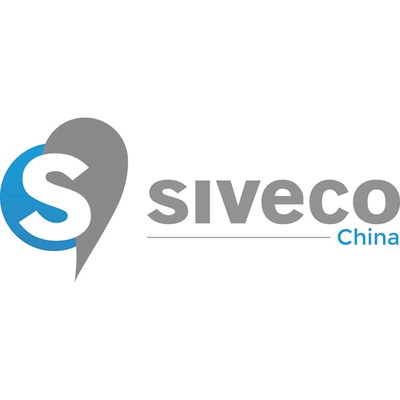
Siveco China is good at designing technological solutions for maintenance consulting in China, which makes Chinese infrastructure maintenance present a sustainable and technological business model. Bluebee, a software system of Siveco China, is able to deliver operation instructions toward workers in order to ensure the inspections.
An overview of Chinese infrastructure management
Bruno is experienced in Chinese infrastructure management, and most of his clients are Chinese state-owned companies. Different from the multinational companies he had co-operations before, Chinese infrastructure companies are more stringent with quality and regulations.
“The Chinese government has become very strict, especially when it comes to water quality, safety in general and environmental compliance.”
Rather than getting more involved in consultancy for multinational companies, Bruno chose to help Chinese infrastructure companies because they are less corrupt and more effective to work with. The Chinese infrastructure management usually starts with audit or assessment, aiming to first clarify the problem in maintenance. After that, Bruno will implement methodologies for the projects, which include both consulting and people training. It is also their key to success in maintenance consultancy in China. Unlike their competitors only deal with consulting or technological methods, Siveco combines these two services and therefore achieves a better result in Chinese infrastructure management.
Chinese and foreign power plant: the scale of infrastructure
Bruno is familiar with large Chinese infrastructure projects, some of them are not only located in the country but have plant investment in many other states. For example, Chinese infrastructure companies build power plants in Southeast Asia or Africa.
“We’ve been working a lot in Southeast Asia, we’ve been working a lot in Africa as well. There was recently a project with the China state grid in Brazil. Siveco China has a network of partners in different countries.”
It is quite different from working within China when working with power plant overseas, the local issues have to be solved with local partners. Although Siveco China’s focus is still on technologies applied in Chinese infrastructure maintenance, they are facing various difficulties in dealing with Chinese and foreign power plants. Talking about an experience in Malaysia, Bruno was at that time challenged by local people about the quality of the Chinese power plant.
“Our first project outside of China was in Malaysia, I believe in 2007 with a Chinese company that builds gas turbine power plants there. The typical challenge of Chinese infrastructure builders abroad was faced.”
Apart from the challenge of local government and people, it is also not as convenient as developing a power plant inside of China. The construction of foreign power plants needs to be well documented, because local suppliers may not have the spare parts needed in construction. However, although faced with huge challenges in maintenance consulting for Chinese and foreign power plants, it is still the trend for Chinese infrastructure companies to develop business overseas, especially under the local policy of “Belt and Road”. To better fit this trend, maintenance consultancy will be in larger demand for agile strategy in China.
Technological solution for maintenance consulting in China: make better use of large platforms
Bluebee is good at using technology to help projects training people and structuring organizations. As Bruno emphasized in the interview at China Paradigm, it’s all about people doing the work. Bluebee actually connects people with the machine, and in this way ensure supervising and preventive maintenance in power plants. Bluebee has a combination of Chinese IoT platforms including Alibaba and Tencent.
China has industrial know-hows especially in machine learning and IoT, Bluebee also relies on these techniques and large platforms to develop technological solutions for maintenance consulting in China.
“We have been working with open source software for machine learning for several years already. Then when we found Alibaba had very good tools, we started to use their tool as well.”
Siveco is a combination of consultancy and software technology, both of them are their essential services. To ensure the quality of technological solutions for maintenance consultancy in China, it is a good way to make full use of large platforms, which could provide a bunch of open resources for professional techniques.
Listen to China Paradigm in iTunes
